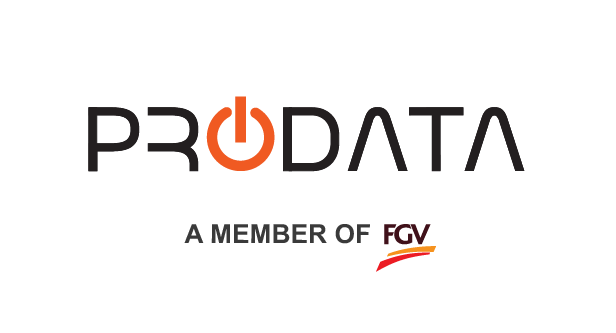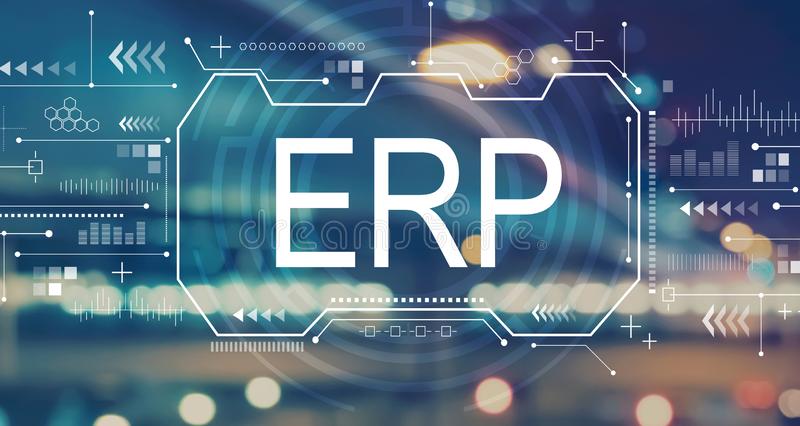Organizations that are already using ERP knows how important it is, but those who’ve never used Enterprise Resource Planning (ERP) software before may find it difficult to understand why it is important to their business. As globalization squeezes the market for many industries, it’s essential to seek out any tools to give your business a competitive edge. For many companies, this is achieved through the use of ERP.
ERP software such as SAP is used by organizations looking to manage their business functions within a centralized and integrated system. ERP is commonly used by companies working within the supply chain to help keep track of all the moving parts of manufacturing and distribution, but is also utilized by a number of different industries including those in construction, automotive, healthcare, and hospitality. All organizations need to manage their staff, customers and inventory and this can efficiently executed via ERP.
ERP allows all departments to work with the same information by stores all entered data into a single database. All this data can be organized, analyzed and made into reports. ERP brings together customer management, human resources, business intelligence, financial management, inventory and supply chain capabilities into one system.
So why is it very import that Enterprise Resource Planning (ERP) systems should be considered by any organization? I can give you 5 of the most important reasons:
- Reduced Cost
- Improved Collaboration
- Better Analytics
- Improved Productivity
- Improved Inventory & Manufacturing
By unifying systems, you help your staff utilize their time more efficiently. With ERP, users don’t have to hunt down a piece of information across multiple systems. With the central database, information is much easier to retrieve. Moreover, your organization saves money with ERP by eliminating the need for users to be trained on several systems. This not only reduces the amount of money spent on training but also reduces the logistical effort involved. Instead of scheduling several training sessions with several different vendors, you only need to communicate with one.
With ERP’s database, you provide your company with a single source of truth to work from. This reduces any errors brought on by working with the incorrect data, further reducing costs. A central database reduces any hesitation or stalling during projects, since all team members have access to the company-wide data they need. Additionally, there’s no need to merge information across various systems or sources. Because all of the data is compiled, stored, shared and accessed through a single system, there is no concern about how accurate, complete or secure the data files are. Without an ERP, you invite human error into your processes when it could easily be avoided.
Most ERP solutions provide a customizable dashboard so executives can see reports when they first log into the system. These reports may include everything from income and expense statements to custom KPIs that offer insight into certain functions. The ability to have access to these reports quickly enables you and your team to make better decisions more quickly. You no longer need to rely on your IT staff to generate the reports that you need. Lastly, reports typically come with access levels, ensuring only relevant staff see valuable company data.
If you choose the right solution, an ERP can automate your most tedious tasks. The database within ERP software eliminates redundant tasks such as data entry and allows the system to perform advanced calculations within minutes. This frees up your team members’ time to do more thoughtful work, increasing your ROI when it comes to labor. From this, ERP increases your organization’s productivity, efficiency and profitability.
ERP’s inventory monitoring bolsters reporting, as tracking technologies provide more accurate numbers. Users can configure custom KPIs to see which products move the fastest and which increase carrying costs. With the greater precision provided by ERP, warehouse managers can get real-time data on their inventory to make more accurate business decisions.
ERP provides insight into all manufacturing operations including the shop floor. This enables users to optimize production schedules, equipment and labor to maximize capacity. Fixed asset management allows users to schedule equipment maintenance to reduce unexpected downtime, improving your profitability and supply chain relationships. Those are the main reasons organizations should choose to use ERP. With enough careful research and thoughtful consideration, you’ll find ERP can provide all the benefits your company needs. The importance of ERP far outweighs the initial cost, time and effort involved in the implementation stage, but make sure you choose the right people to implement it. And to that I say, choose FGV Prodata Systems.

